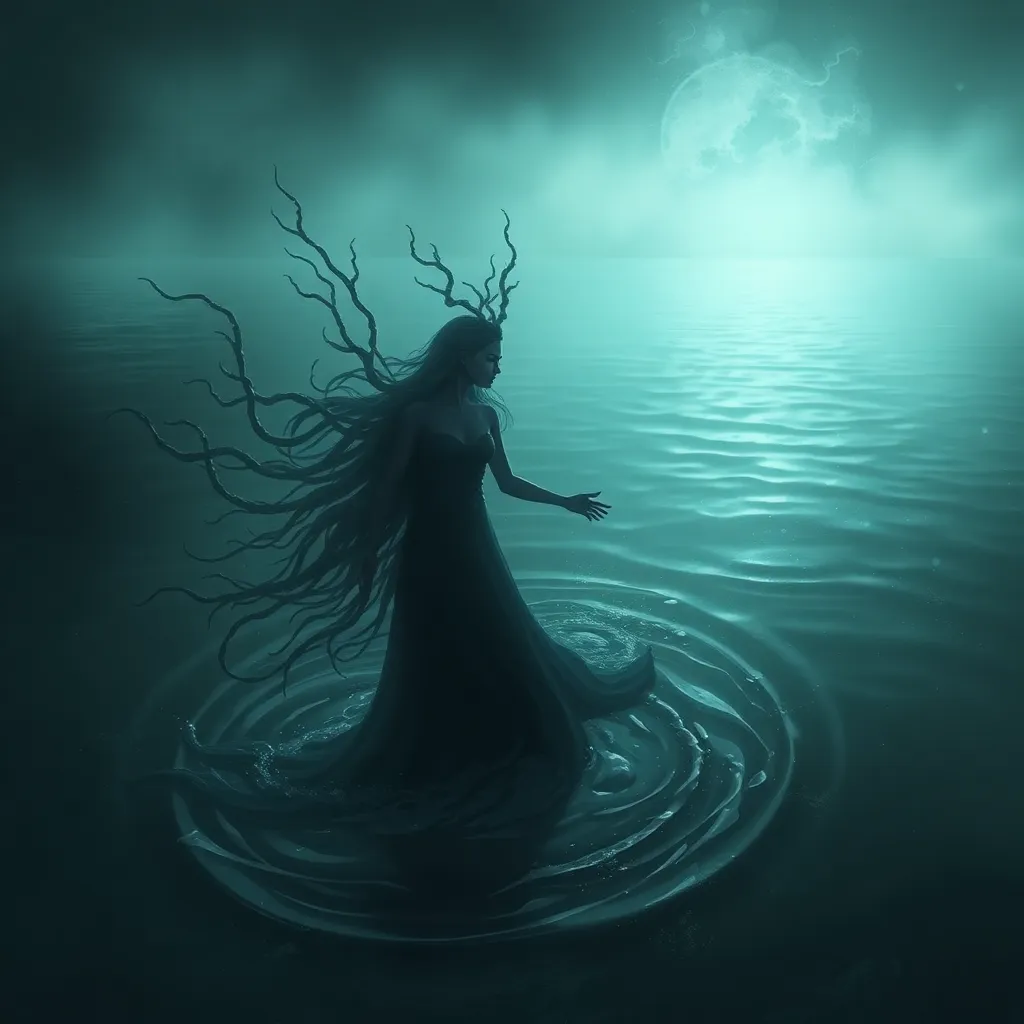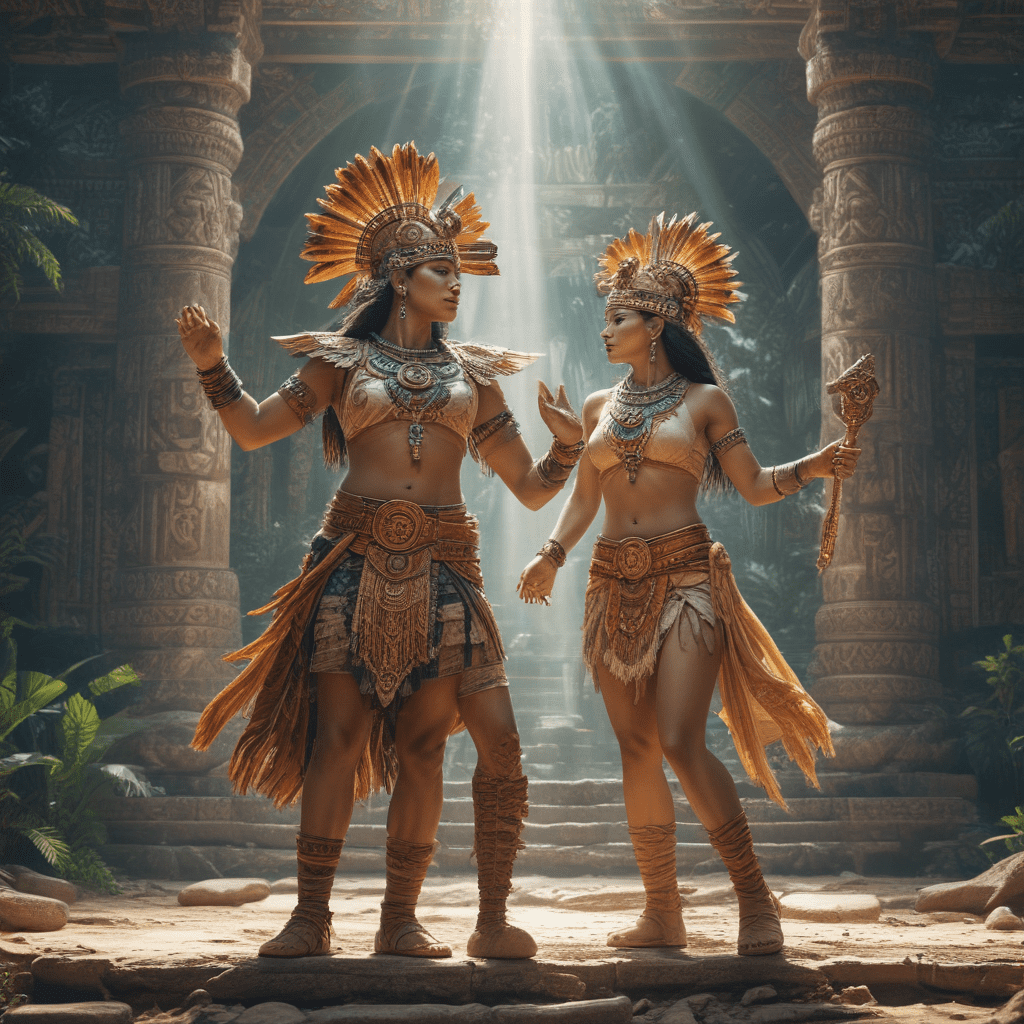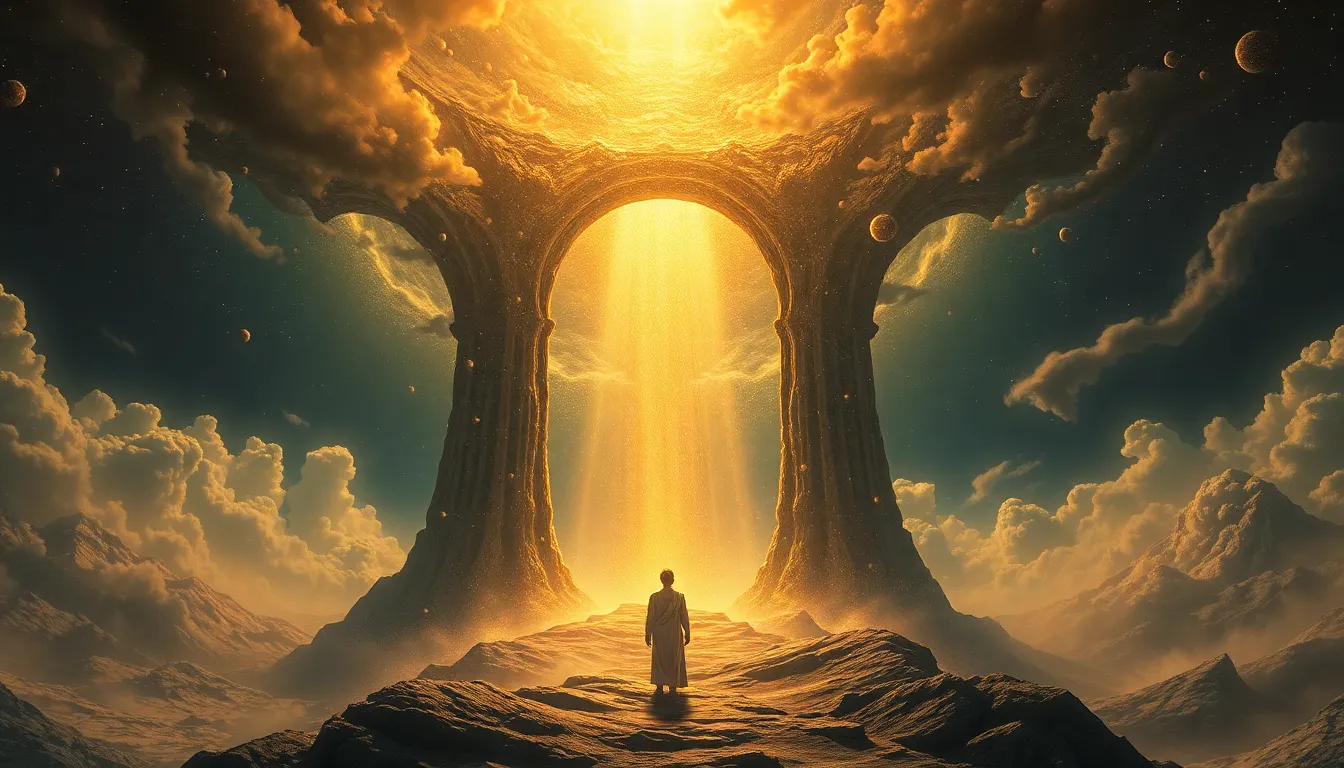The Rusalka’s Shadow: Delving into the Darker Aspects of Water Spirit Lore
I. Introduction
The Rusalka is a captivating figure within Slavic mythology, representing a complex blend of beauty and danger. Traditionally depicted as a female water spirit, she embodies the duality of nature, reflecting both the nurturing and destructive qualities of water. Understanding the Rusalka involves exploring her significance in folklore and the darker aspects of water spirit lore.
This article aims to delve into the shadowy dimensions of the Rusalka myth, shedding light on the intricate themes that encompass her character. We will explore the origins of the Rusalka narrative, her portrayal in literature and art, and the psychological interpretations that arise from her story. Ultimately, we will examine what these darker aspects reveal about human nature and our relationship with the natural world.
The structure of this article will guide readers through various facets of Rusalka mythology, from historical context to contemporary adaptations, providing a comprehensive understanding of her enduring legacy.
II. The Origins of Rusalka Mythology
The Rusalka myth has deep historical roots in Slavic culture, with references dating back to ancient pagan traditions. Water was seen as a life source, but it was also feared for its potential to consume. As such, the Rusalka became a significant figure within this duality.
Over time, the narrative of the Rusalka has evolved. Initially, these spirits were viewed as benevolent beings protecting the waters and aiding the fertility of the land. However, as societal values shifted, so too did the perception of the Rusalka, often depicting her as a tragic figure, lamenting her lost life and seeking revenge on those who wronged her.
Globally, comparisons can be drawn between the Rusalka and other water spirits, such as the Greek sirens or the Celtic selkies. Each of these figures shares similar traits, representing both allure and danger, highlighting a universal fascination with the mysteries of water.
III. Rusalka: The Dual Nature of Water Spirits
The Rusalka exemplifies the dual nature of water spirits, showcasing both benevolence and malevolence. On one hand, she is celebrated for her nurturing qualities:
- Protector of aquatic life
- Bringer of fertility and abundance
- Source of beauty and inspiration
Conversely, Rusalka also embodies the darker traits associated with water spirits:
- Manipulation and seduction of unsuspecting victims
- Vengeance against those who harm her or pollute her waters
- Representation of death and despair
This duality is encapsulated in the symbolism of water itself, which can be life-giving and nurturing, yet also deadly and unyielding. The Rusalka’s story serves as a poignant reminder of this balance between creation and destruction.
IV. Rusalka in Literature and Art
The Rusalka has been a prominent figure in various literary and artistic works throughout history. In classic literature, she appears as a tragic heroine, often caught between her desires and the constraints of her existence. One notable example is Alexander Pushkin’s poem “Rusalka,” which explores themes of love, loss, and longing.
In visual arts, Rusalka has been depicted in paintings and performances, showcasing her ethereal beauty and haunting presence. Artists have portrayed her in various lights, from a serene water nymph to a vengeful spirit, reflecting the complexities of her character.
These artistic representations underscore the multifaceted nature of Rusalka, illustrating her role as both muse and cautionary tale, inviting audiences to grapple with the themes of desire, betrayal, and the consequences of human actions.
V. Psychological Interpretation of the Rusalka Myth
From a psychological perspective, the Rusalka myth serves as a metaphor for unfulfilled desires and loss. Her longing for a life she cannot attain resonates deeply with the human experience, highlighting themes of:
- Seduction and the perils of temptation
- Betrayal, often at the hands of those she loves
- Vengeance and the consequences of emotional turmoil
The symbolism of water further enriches these themes, as it is often associated with deep emotions and the subconscious. The Rusalka embodies the complexities of human emotion, reflecting our struggles with desire, identity, and the darker sides of our nature.
VI. Contemporary Adaptations and Reinterpretations
In modern literature and media, the Rusalka continues to inspire authors and creators. Contemporary adaptations often reinterpret her story, blending traditional elements with modern themes, thereby resonating with new audiences. These portrayals frequently explore:
- The struggle for agency and empowerment
- The ecological implications of water pollution and environmental degradation
- Redefinitions of love and loss in a contemporary context
The Rusalka’s influence can also be seen in the fantasy and horror genres, where her character often serves as a cautionary figure, warning of the dangers of underestimating the power of nature. The resurgence of interest in folklore highlights a societal yearning to reconnect with ancient narratives and their relevance in today’s world.
VII. The Rusalka’s Shadow: Lessons from the Lore
The darker aspects of the Rusalka myth offer valuable lessons about human nature and the complexities of existence. They remind us of the importance of understanding duality in mythological narratives, as they often reflect the inner conflicts we face:
- The balance between our desires and responsibilities
- The consequences of our actions on others and the environment
- The necessity of respecting the forces of nature and the unknown
Moreover, the Rusalka serves as a poignant symbol in discussions about environmentalism, urging us to respect and protect our water bodies, which are vital for life and yet so easily threatened by human activity.
VIII. Conclusion
In conclusion, the exploration of Rusalka’s darker aspects reveals rich insights into human nature, the complexities of longing, and the dualities inherent in myth. As we reflect on her story, we find relevance in today’s cultural landscape, where themes of desire, betrayal, and environmental consciousness continue to resonate. The enduring legacy of water spirit lore, embodied by the Rusalka, invites us to engage with our own narratives and the world around us, reminding us of the beauty and peril that coexist within the depths.



